Why is a tiny change to the iPhone's charger such a big deal?
A change to comply with EU regulations could have global ramifications

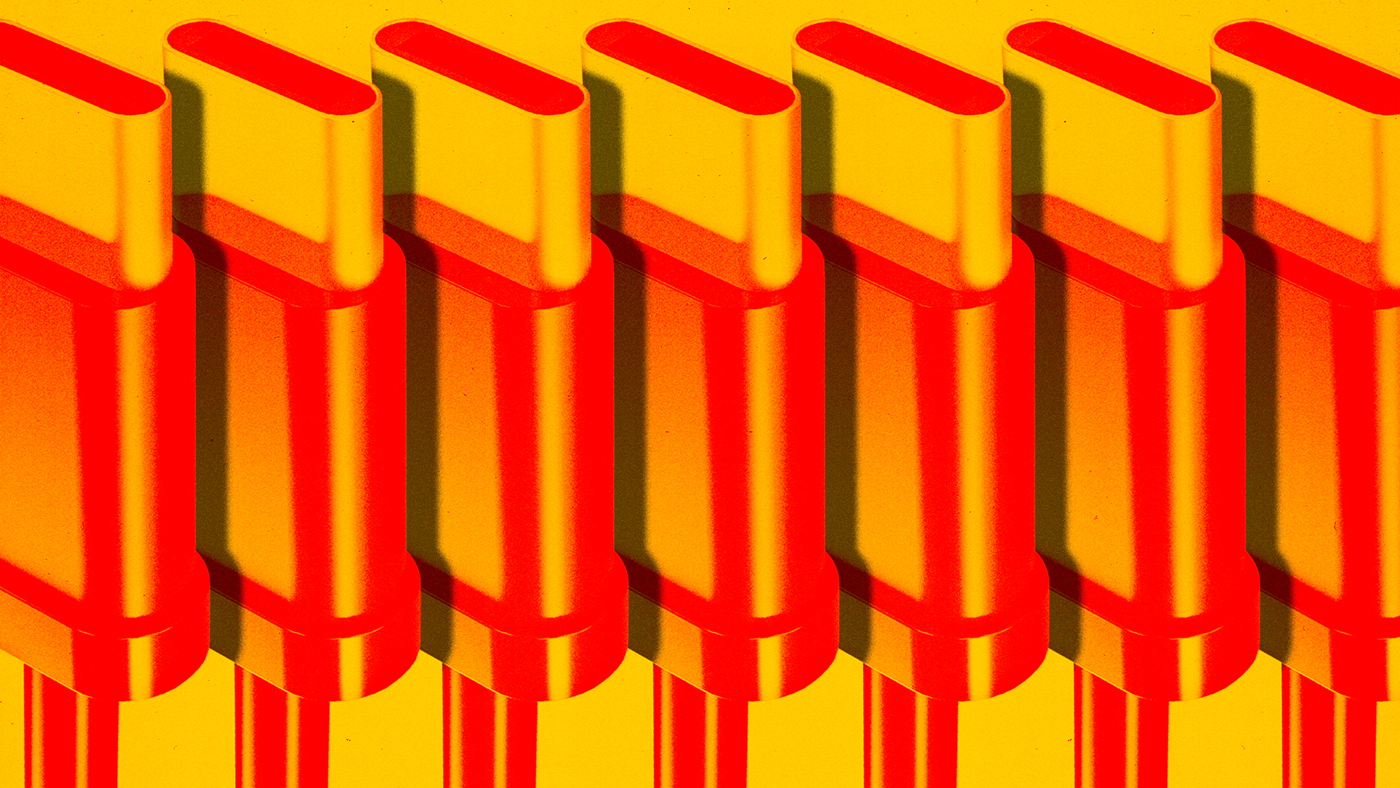
A free daily email with the biggest news stories of the day – and the best features from TheWeek.com
You are now subscribed
Your newsletter sign-up was successful
Apple's iPhone 15 line was unveiled on Tuesday, and the most notable change to the product may have been the smallest: The iPhone 15 will utilize a USB-C charging port, unlike prior iterations that have employed the company's own Lightning charging port.
All of the iPhone 15 models will utilize USB-C chargers. Described in Apple's press release as "a universally accepted standard for charging and transferring data," the USB-C cable will allow charging on "iPhone, Mac, iPad, and the updated AirPods Pro." Apple is making the change to comply with European Union regulations, introduced in June 2022, that require all smartphones to use the same type of charger. These regulations were passed, the EU said, in order to "make products in the EU more sustainable, to reduce electronic waste, and make consumers’ lives easier."
Notably, the USB-C changes to the iPhone will be seen globally, not just in the EU, in an effort to standardize Apple's product. However, while many may think that this change seems small, others have noted that the switch could come with several domino effects. This includes potential headaches for consumers who are used to Apple's Lightning ports, in addition to concerns over the possible dominance of the global tech market by EU regulators.
The Week
Escape your echo chamber. Get the facts behind the news, plus analysis from multiple perspectives.

Sign up for The Week's Free Newsletters
From our morning news briefing to a weekly Good News Newsletter, get the best of The Week delivered directly to your inbox.
From our morning news briefing to a weekly Good News Newsletter, get the best of The Week delivered directly to your inbox.
What are commentators saying?
While Apple's switch "might sound like an irritating change at first ... Apple’s adoption of this standard is generally good news," Dave Gershgorn wrote for Wirecutter. As a result of the change, "rather than needing to keep another, separate cable for your Apple devices, you’ll be able to use a USB-C cable to charge, say, your iPhone 15, Nintendo Switch, Bose headphones and Windows laptop," Gershgorn added. He also noted that most consumers "likely already have a USB-C cable for your laptop or earbuds," which is "basically the point of the European Union’s legislation: A single standardized port means people don’t need to buy different cables for different devices."
Thomas Husson, a vice president at Forrester Research, expressed a similar sentiment, telling CNN that "it’s hard to imagine that customers will be totally caught out by this switch, and in the long term, it’s likely to benefit them" due to the ubiquity of USB-C chargers. However, Apple itself notably seemed irked with the change, given that the company "makes good money from selling Lightning cables and its many related accessories," David McQueen, a director at ABI Research, told CNN.
The bigger question, though, is perhaps whether the EU is gaining too much power in the tech market by enacting these types of regulations. The EU is "basically the big dog of regulations," Anupam Chander, a law professor at Georgetown, told Marketplace. Tech regulation has thrived in the EU "in part because the companies are mostly American," Chander added. Iverna McGowan, director of the Center for Democracy and Technologies Europe Office, told Marketplace that the EU can often cause changes globally, as it did with the iPhone 15, because "it often doesn’t make sense just to change business processes or the way they operate for one region."
Despite these concerns, some felt that Apple's switch was long overdue. "We’ve reached an end result that is better for consumers and the environment," Dave Lee reported for Bloomberg. "But it would have been much better for Apple to have made this move of its own volition."
A free daily email with the biggest news stories of the day – and the best features from TheWeek.com
What's next?
The EU said that Apple had to comply with the regulations by 2024, and the iPhone 15 is set to drop on Sept. 22, releasing just under the — and with the correct — wire. Following this, it's been rumored that Apple "may try to recoup its lost Lightning licensing fees by implementing a Made for iPhone program for USB-C accessories," Wired reported, though nothing is set in stone. What is clear, though, is that the interconnectivity of USB-C means that "Android phones and iPhones will have a kind of parity between accessories not seen before," Wired added.
Despite pushback from the company, the new charger undoubtedly marks one of the biggest changes in the history of the iPhone. And while customers may be wary of the USB-C change, "we can reasonably expect that the next time Apple decides to change the charging port will be the moment it removes it altogether" due to the increased ubiquity of wireless charging, Lee added.
Justin Klawans has worked as a staff writer at The Week since 2022. He began his career covering local news before joining Newsweek as a breaking news reporter, where he wrote about politics, national and global affairs, business, crime, sports, film, television and other news. Justin has also freelanced for outlets including Collider and United Press International.
-
 Political cartoons for February 15
Political cartoons for February 15Cartoons Sunday's political cartoons include political ventriloquism, Europe in the middle, and more
-
 The broken water companies failing England and Wales
The broken water companies failing England and WalesExplainer With rising bills, deteriorating river health and a lack of investment, regulators face an uphill battle to stabilise the industry
-
 A thrilling foodie city in northern Japan
A thrilling foodie city in northern JapanThe Week Recommends The food scene here is ‘unspoilt’ and ‘fun’
-
 Will AI kill the smartphone?
Will AI kill the smartphone?In The Spotlight OpenAI and Meta want to unseat the ‘Lennon and McCartney’ of the gadget era
-
 Is Apple’s Tim Cook about to retire?
Is Apple’s Tim Cook about to retire?Today's Big Question A departure could come early next year
-
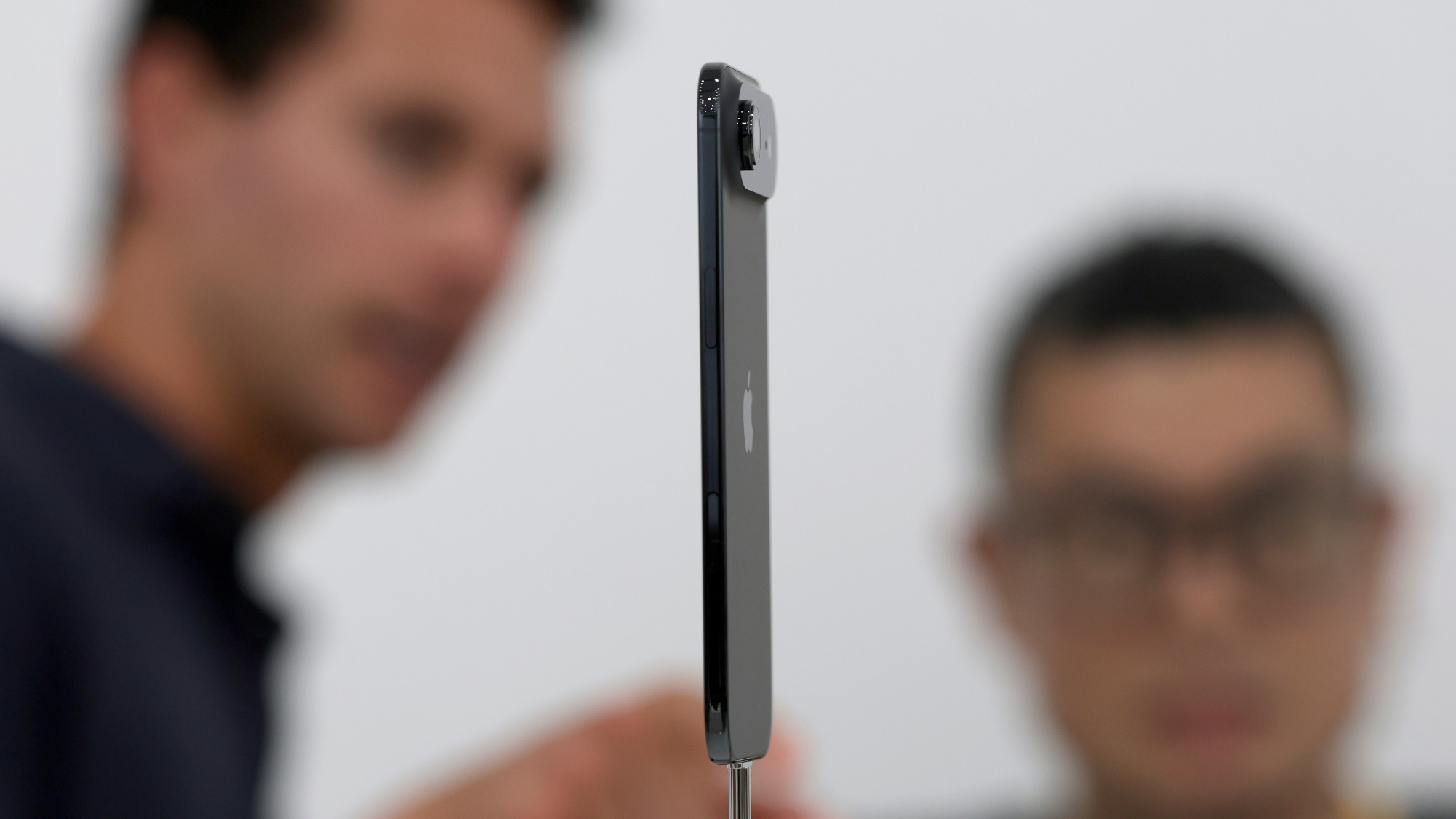 iPhone Air: Thinness comes at a high price
iPhone Air: Thinness comes at a high priceFeature Apple’s new iPhone is its thinnest yet but is it worth the higher price and weaker battery life?
-
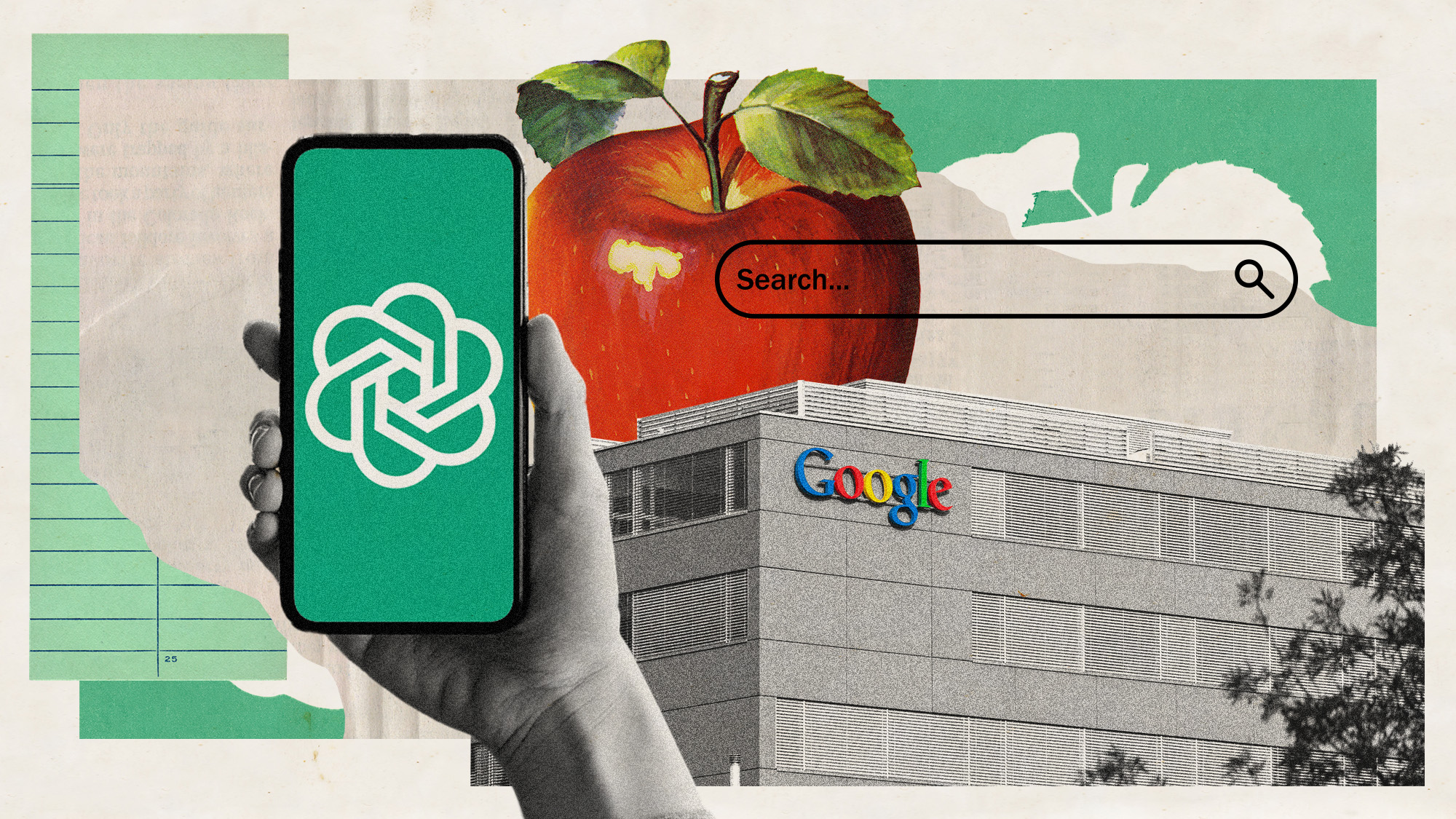 Is Apple breaking up with Google?
Is Apple breaking up with Google?Today's Big Question Google is the default search engine in the Safari browser. The emergence of artificial intelligence could change that.
-
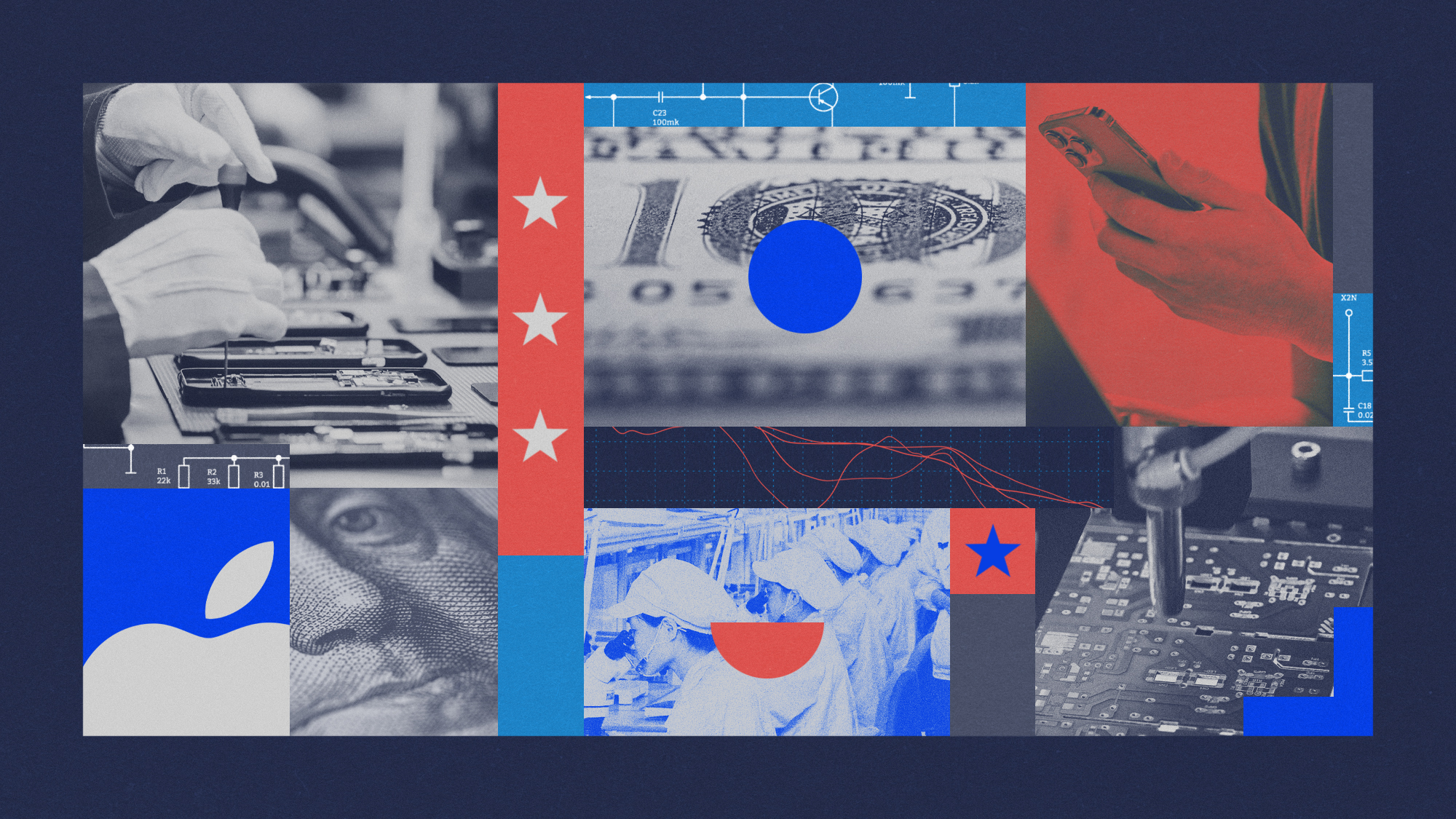 Why won't Apple make iPhones in America?
Why won't Apple make iPhones in America?Today's Big Question Trump offers a reprieve on tariffs, for now
-
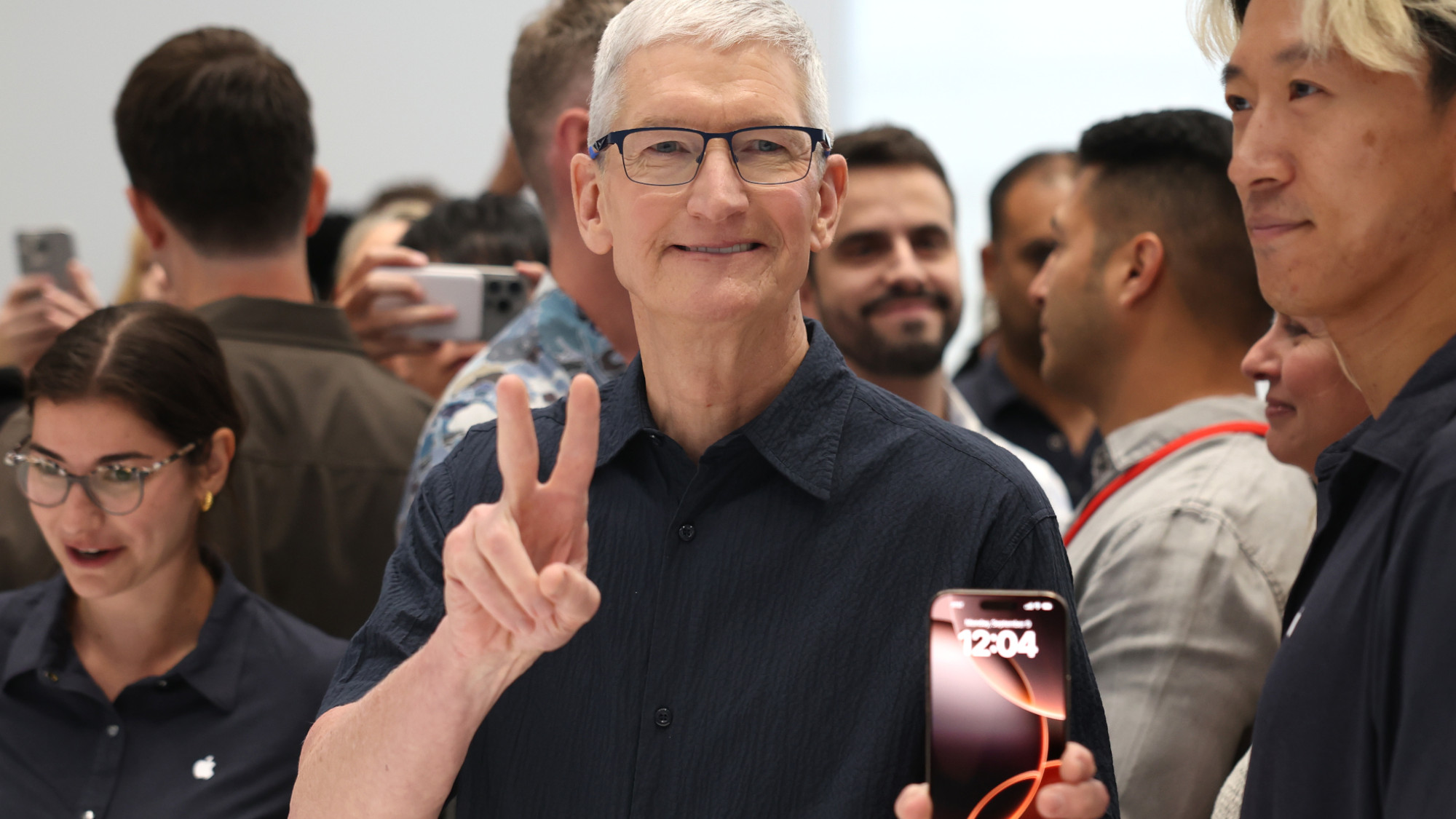 Not there yet: The frustrations of the pocket AI
Not there yet: The frustrations of the pocket AIFeature Apple rushes to roll out its ‘Apple Intelligence’ features but fails to deliver on promises
-
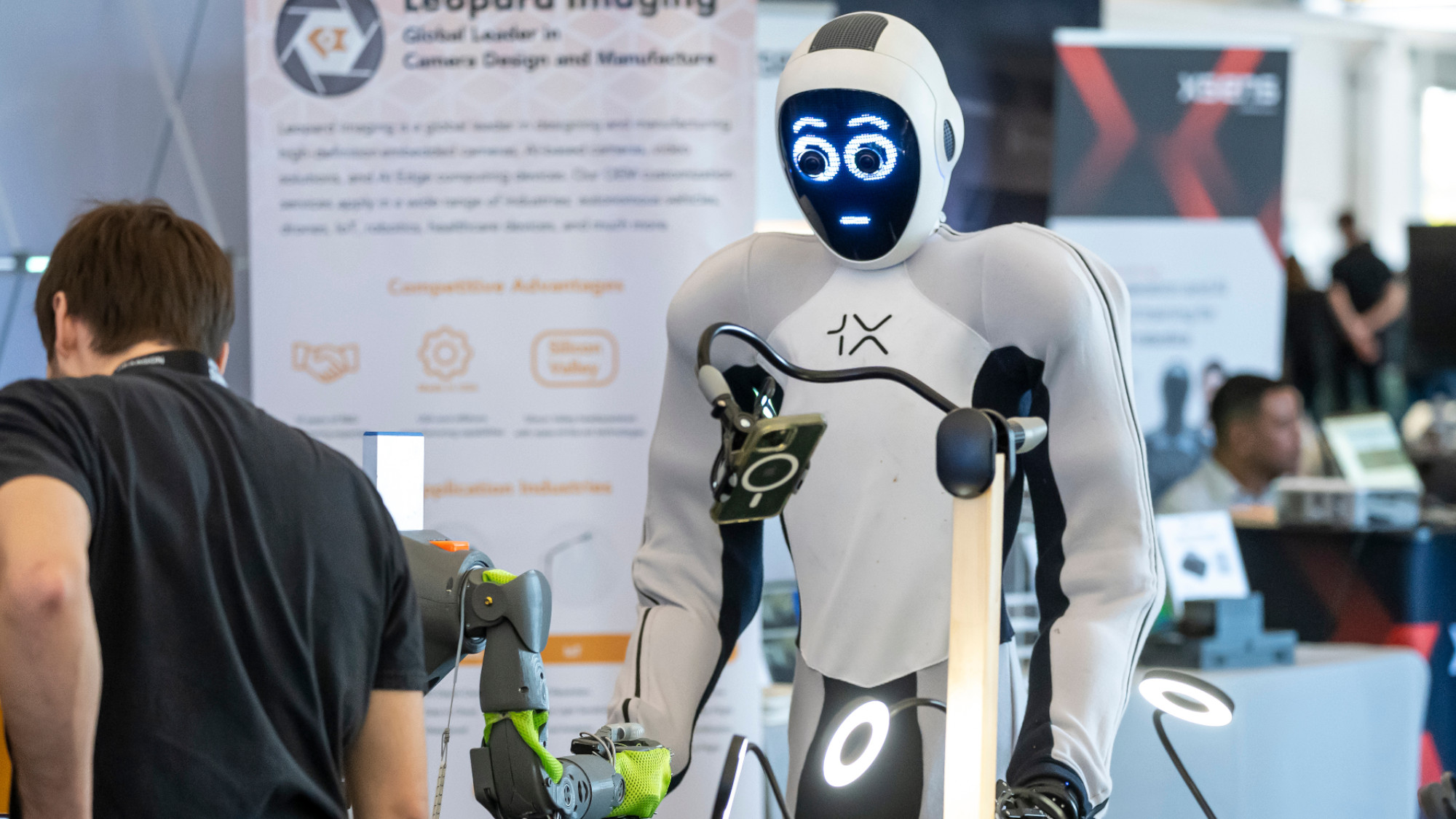 Space-age living: The race for robot servants
Space-age living: The race for robot servantsFeature Meta and Apple compete to bring humanoid robots to market
-
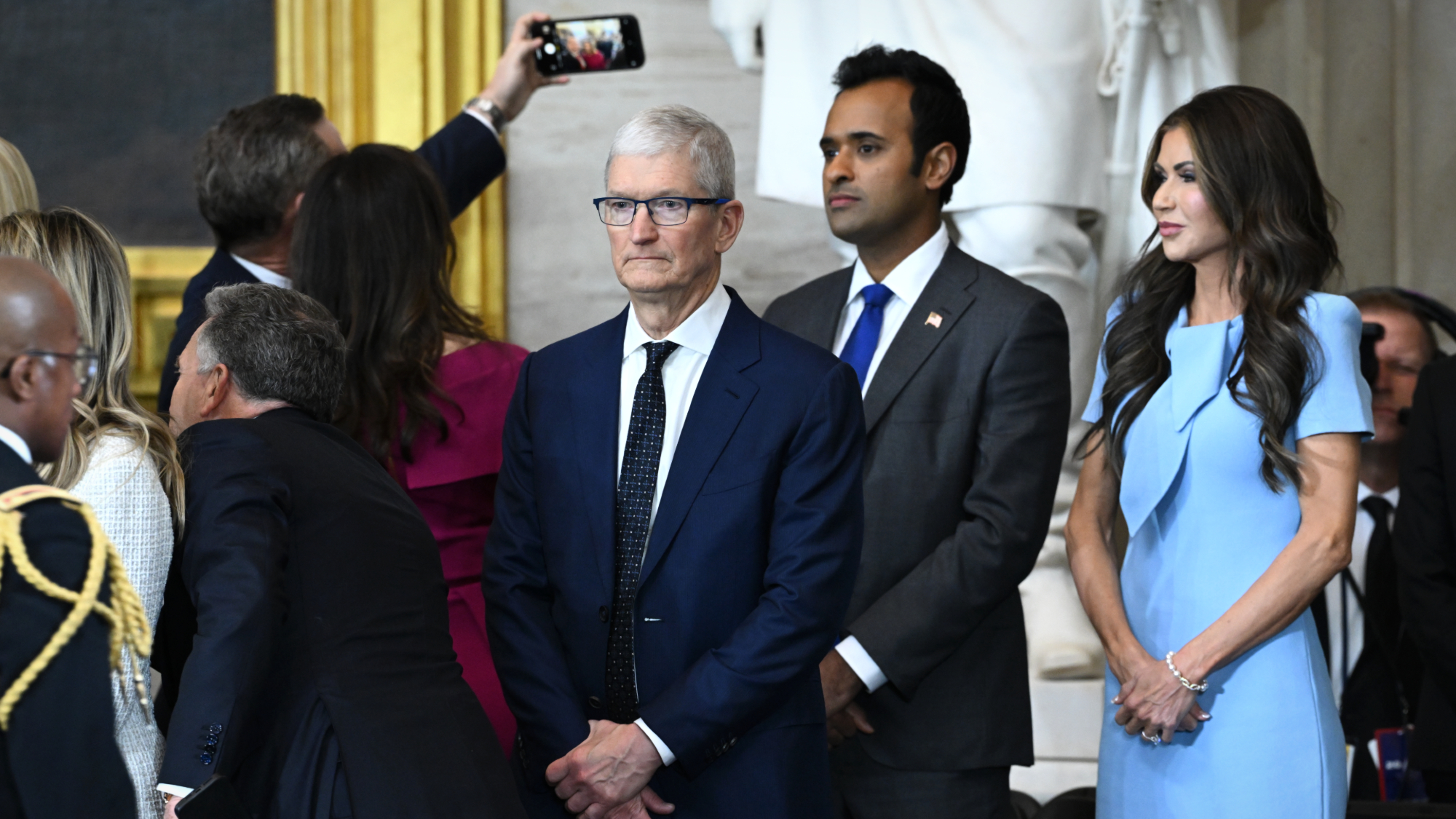 Apple pledges $500B in US spending over 4 years
Apple pledges $500B in US spending over 4 yearsSpeed Read This is a win for Trump, who has pushed to move manufacturing back to the US
